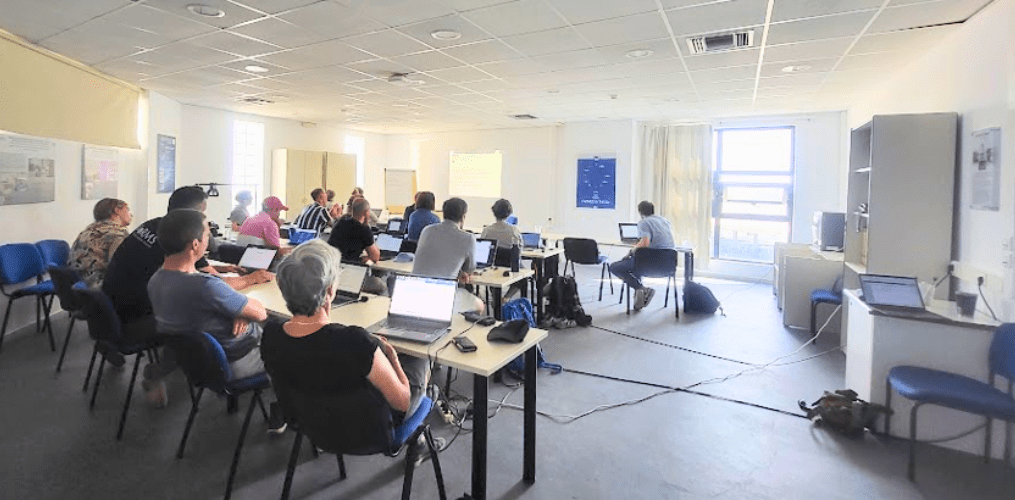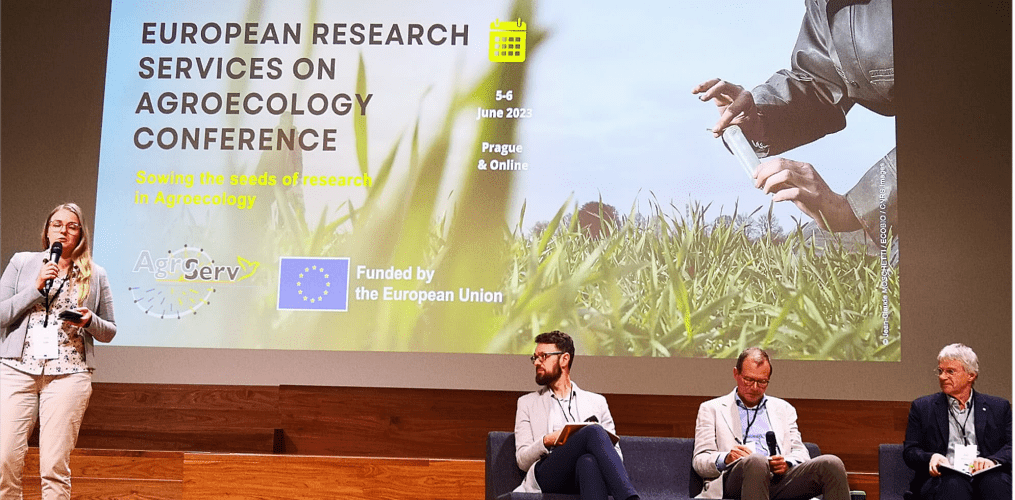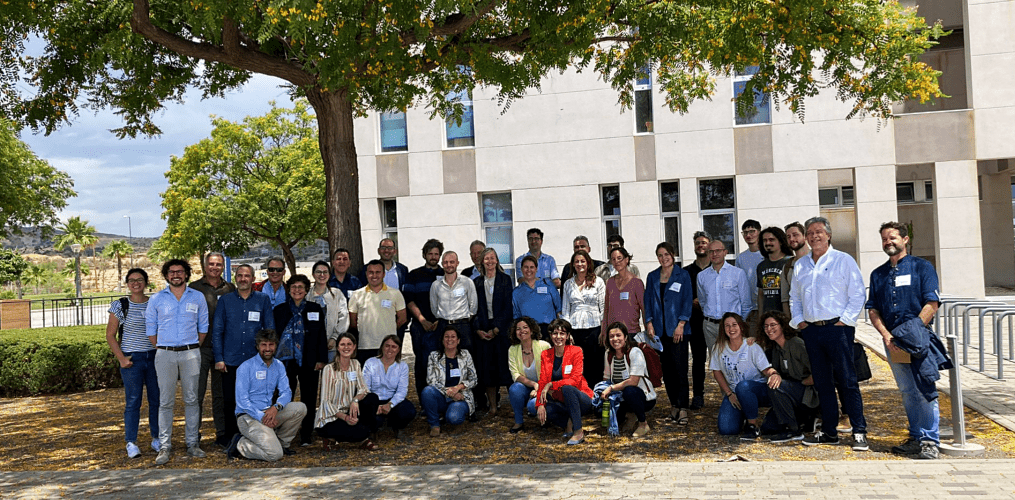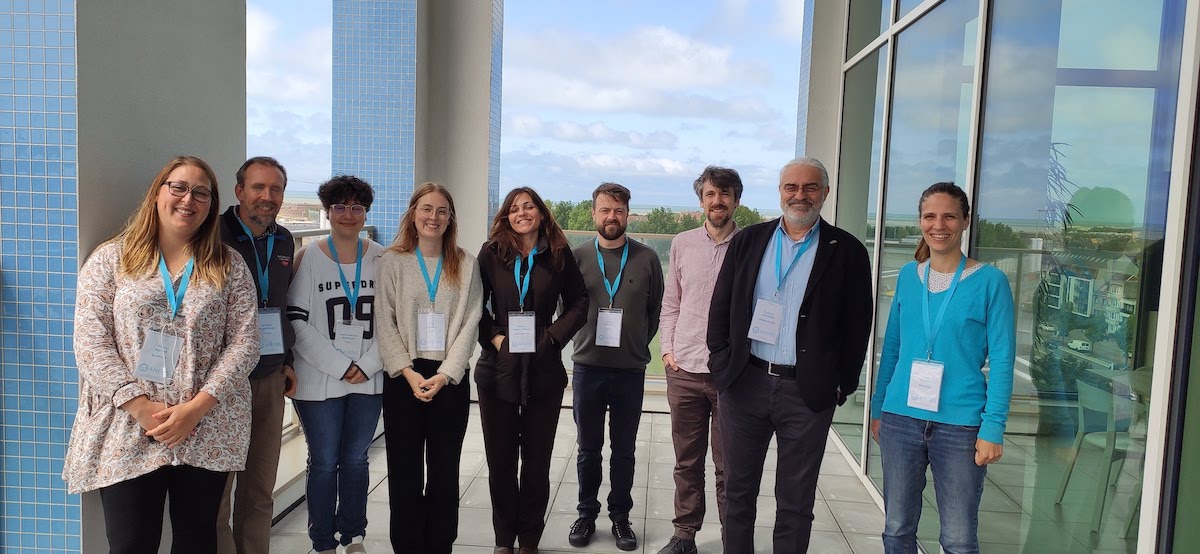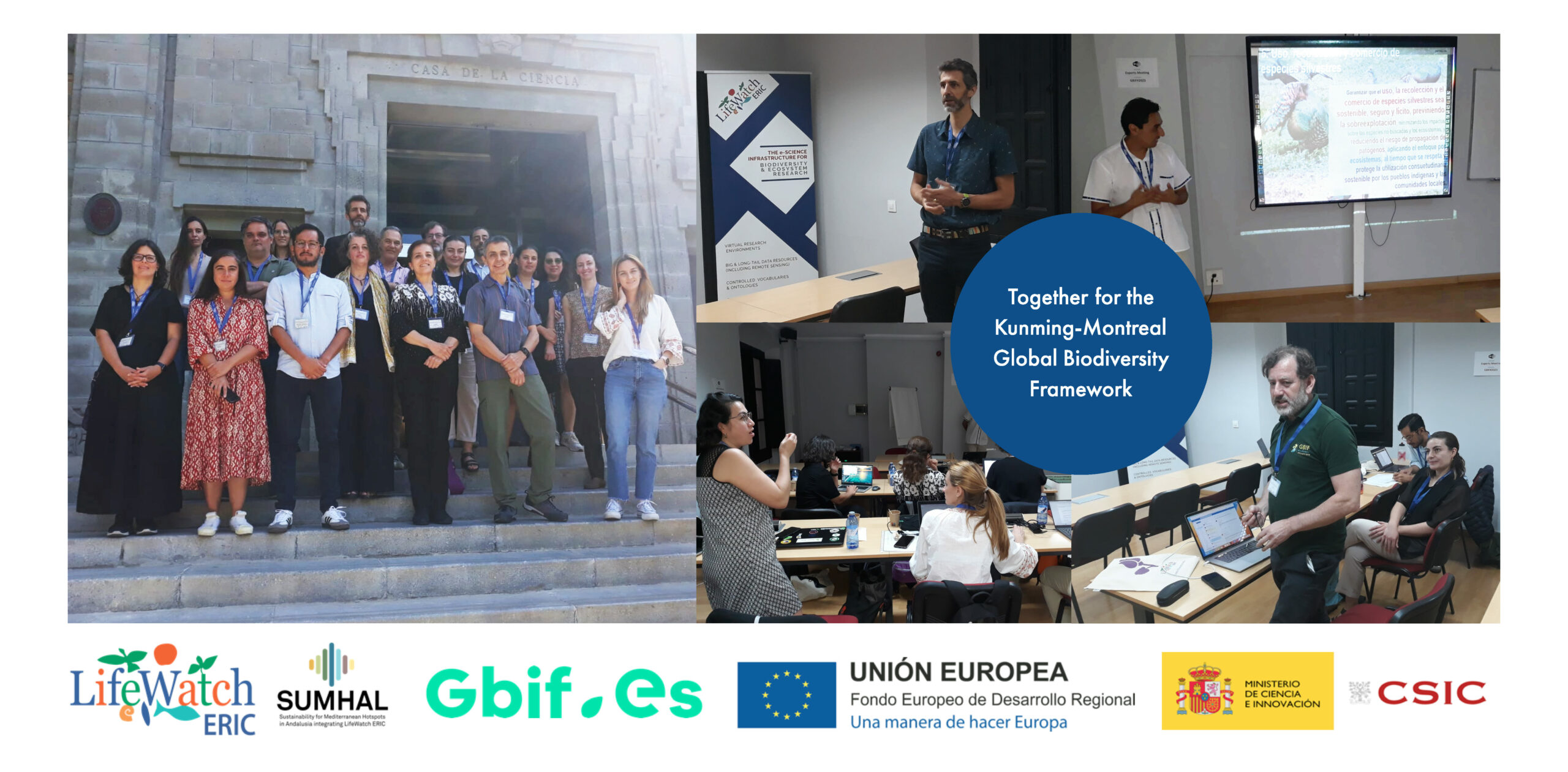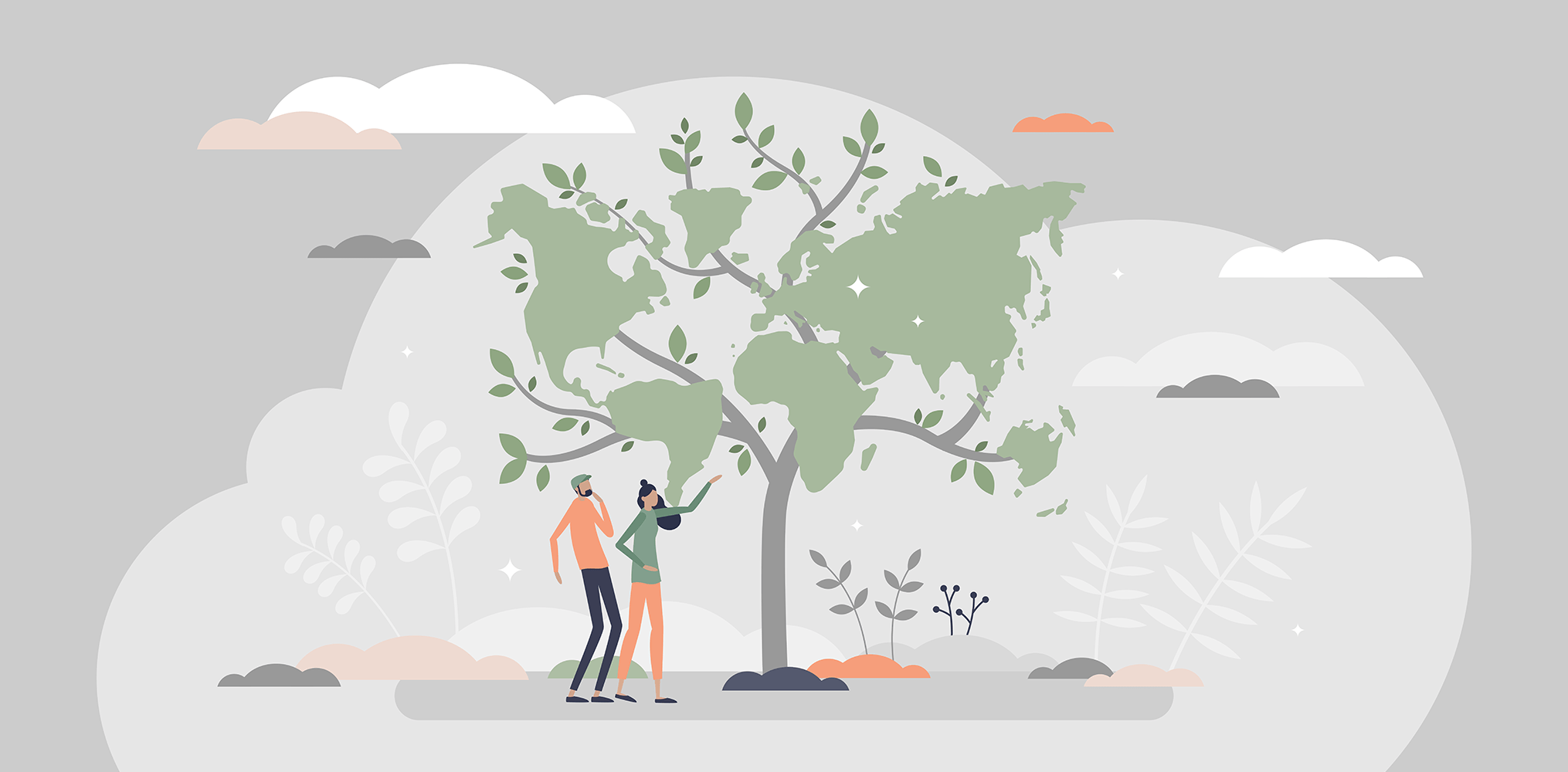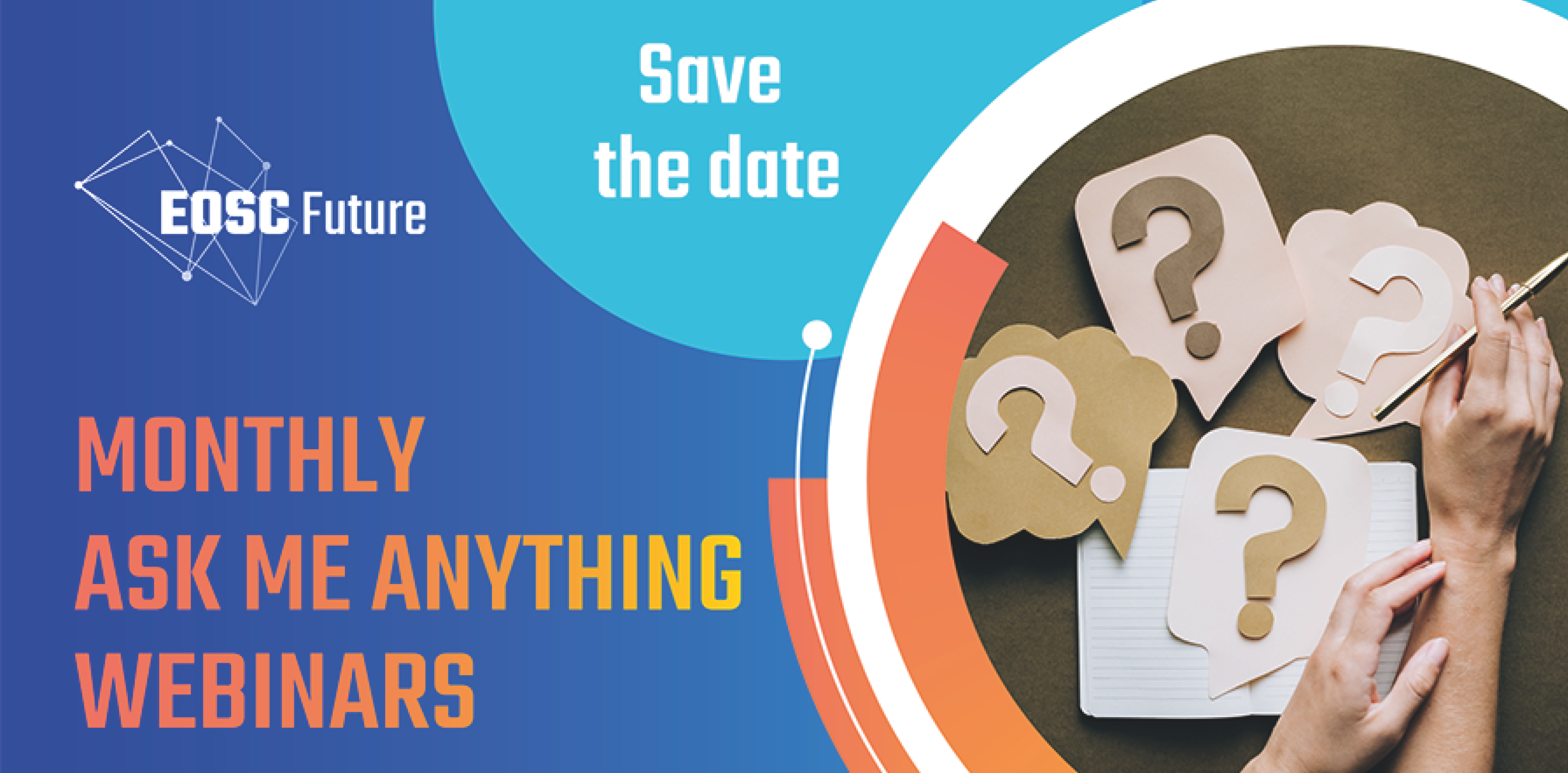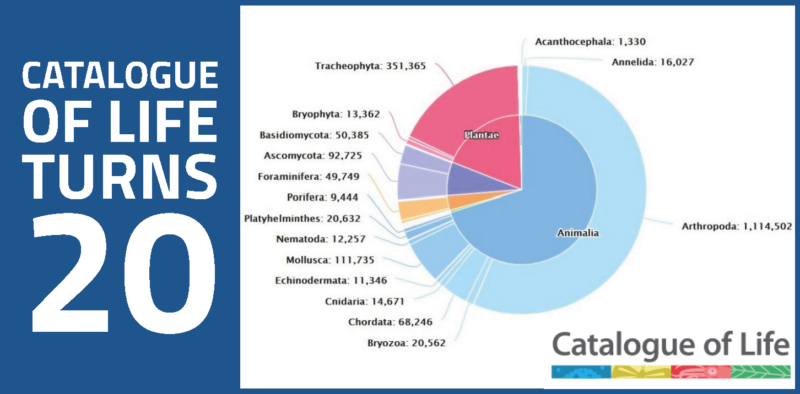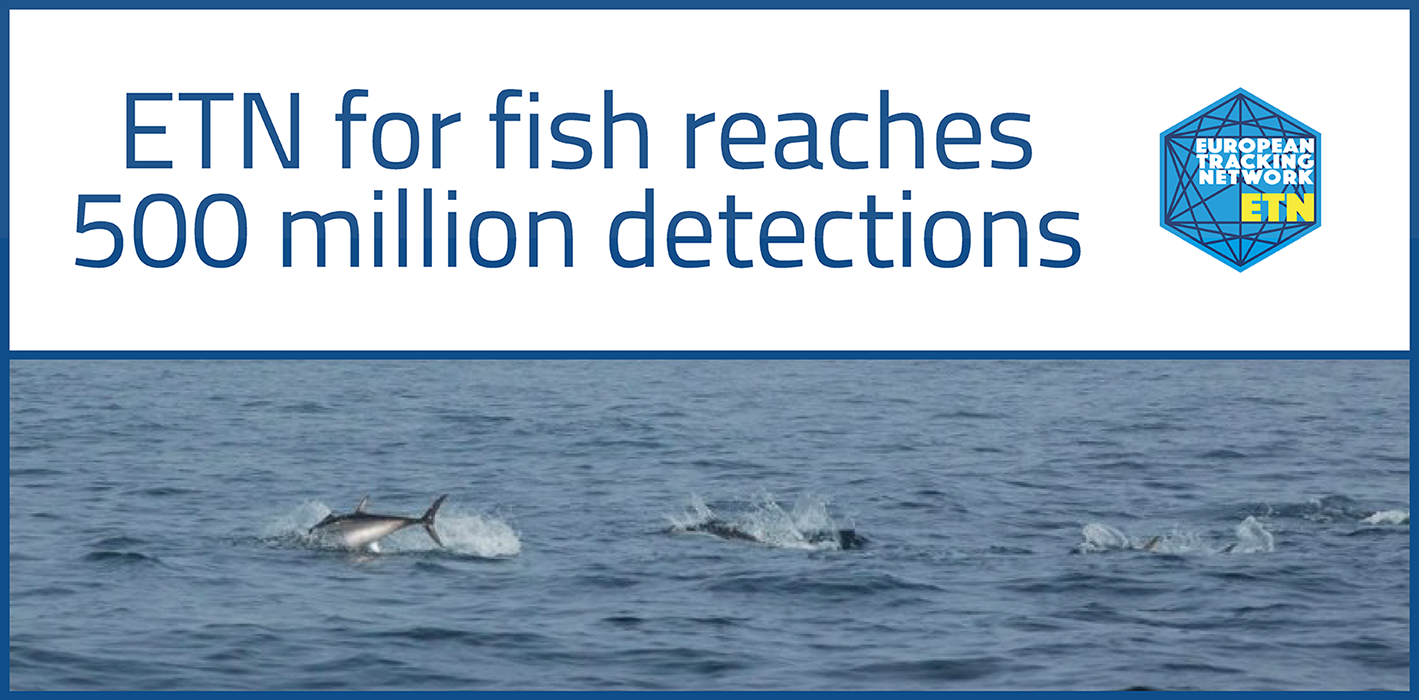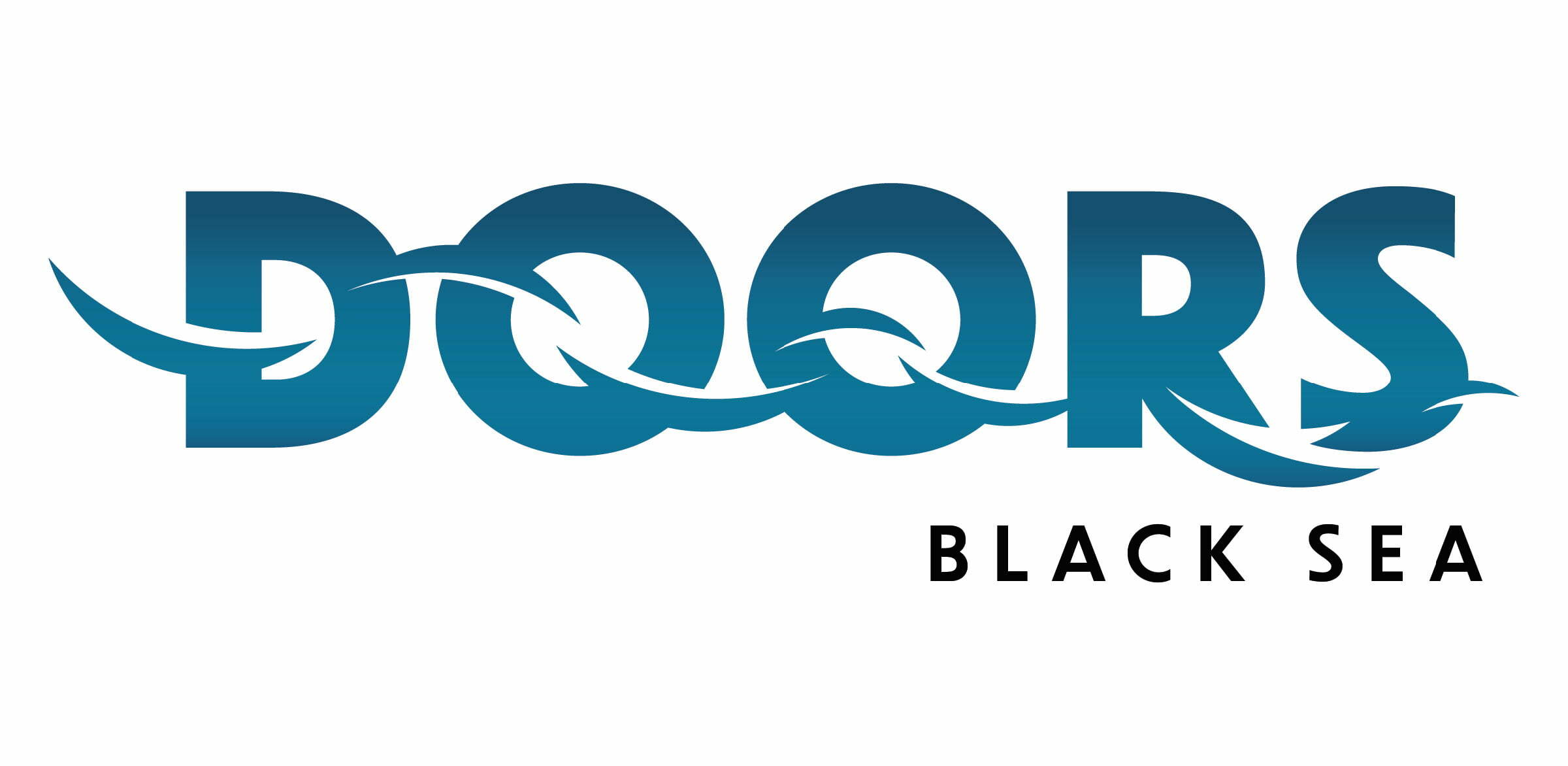The first annual European Research Services on Agroecology Conference was held by AgroServ (a project in which LifeWatch ERIC is partner) from 5–6 June 2023 at the Czech University of Life Sciences Prague (in-person and online). This first edition of the AgoServ Conference was dedicated to presenting the various agroecological services accessible through AgroServ and the different aspects that shape research in the emerging field of agroecology. To promote and encourage interdisciplinary and transdisciplinary approaches to address the agroecological transition, the first call for transnational access to its services was launched during the event.
Since the transition towards a sustainable and resilient agricultural system must take into account ecological, economic and social factors, work sessions were dedicated to discussions and practical workshops to exchange ideas, meet researchers from different fields (chemists, biologists, agronomists, ecologists, bioengineers, analysts, social scientists, etc.) and build ideas for possible proposals.
As LifeWatch ERIC is one of the eleven partners of AgroServ, three people from the LifeWatch ERIC Agroecology team participated in the conference. The coordinator, José Manuel Ávila, and the researcher, Iria Soto, attended the conference in person, in Prague, while Ángela Ventura intervened remotely in the working group sessions, which were coordinated by the team of Analysis and Experimentation on Ecosystems (AnaEE ERIC).
In the working group on ‘Management and sustainability of agroecosystems, aquaculture and forests’, the importance of interdisciplinarity and multidisciplinarity was highlighted, opening dialogues about the need for the service to have offers coming from multidisciplinary teams. In fact, one crucial problem identified was the lack of understanding between different disciplines, which all have specific and different terminologies, different interests, etc., thus contributing to a complication of the situation that is AgroServ’s big challenge to date.
On the other hand, in the working group on ‘Living Labs’, problems about intellectual property rights were highlighted. The need to tackle this issue was confirmed so that all the agents, coming from different sectors and working on an innovative idea, will feel more comfortable when getting involved in the process.
Finally, in the working group on ‘Animal and Plant Health, Quality Food, and Valorisation of By-products from Agriculture’, progress was made regarding the great potential of small agricultural producers in setting trends in the circular economy model and in scaling up these practices. In order to achieve this, the researchers collaboration must prioritise a daily and high quality production model, in which waste is recycled and reused in examples such as farms converted into biorefineries, and in which alternative income is generated through bioproducts.
